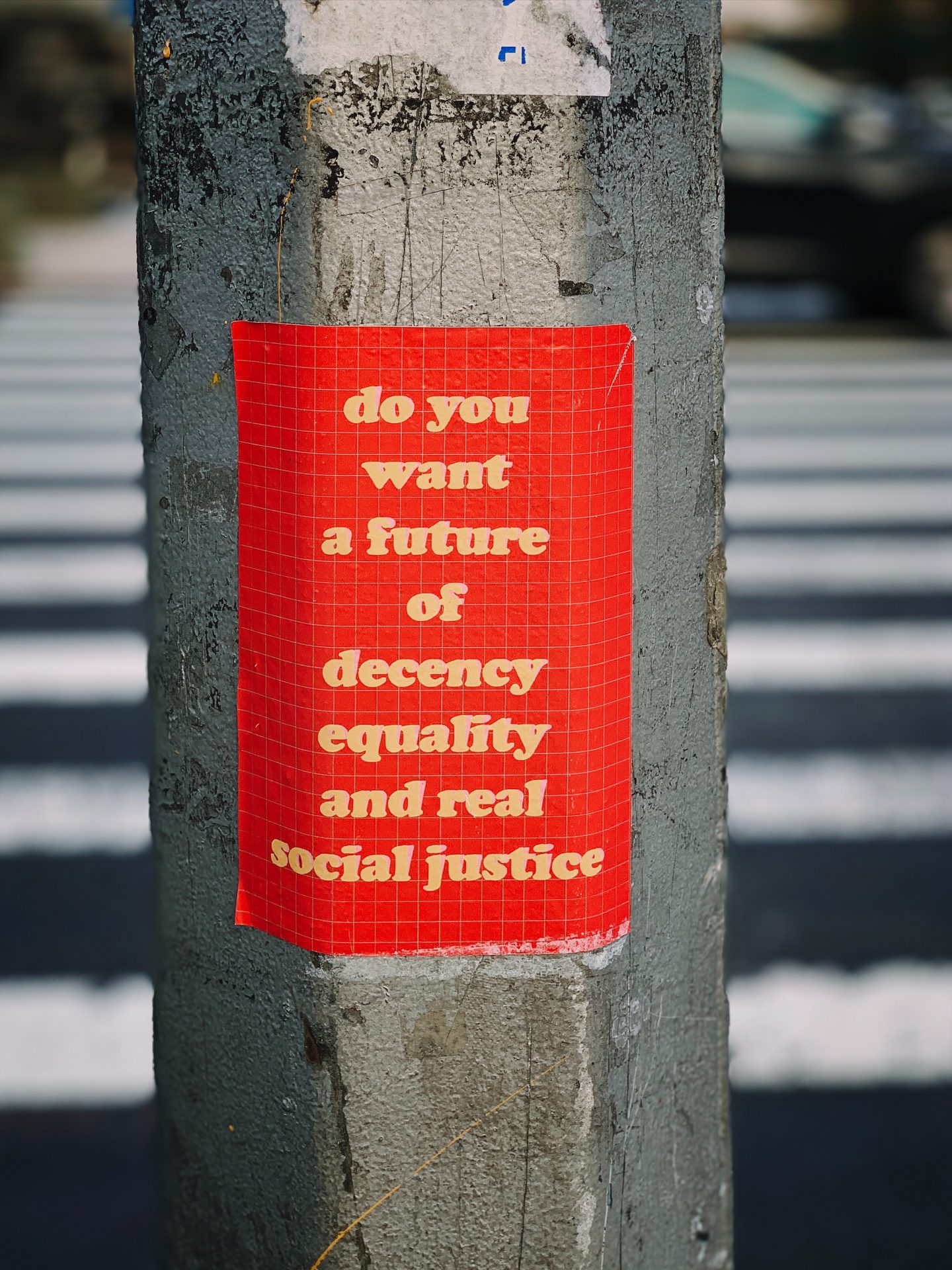- This collection, launched at the World Health Summit 2020, aims to provide insights into how to advance women’s health and gender equality
- The papers draw on successes, challenges and evidence-based strategies over the last 25 years and include analyses of new and emerging threats to women’s health
- The series of papers push for real change in women’s health now and over the next 25 years
The 1995 Beijing Declaration and Platform for Action on Women was a landmark global policy framework to promote the human rights of women and girls and gender equality. These were also identified as a prerequisite for women’s health and wellbeing. Over the past 25 years, there has been important progress in several areas of women’s health, however, gender discrimination, bias and inequalities in women’s health persist. There are also new and emerging threats to women’s health. The COVID-19 pandemic is one such threat disproportionately impacting women’s health and social and economic wellbeing in the immediate and long-term.
These articles are part of a series proposed by the United Nations University and the World Health Organization and commissioned by The BMJ, which peer reviewed, edited, and made the decisions to publish these articles
The series was launched in October 2020, at the World Health Summit session on lessons and emerging priorities 25 years after the Beijing Platform for Action. The articles for this collection were handled by Paul Simpson, International Audience Editor for The BMJ, and Rachael Hinton, Associate Editor for The BMJ

- Re-committing to women’s health 25 years after the Beijing Platform for Action on Women: What must governments do?
The WHO Director-General, the Executive Director of UN Women and the Rector of UN University call on governments to invest in the health of women and gender equality – not only because it is the right thing, but a smart thing to do.
Analysis
- Violence against women health workers: The tip of the gender power iceberg
Tackling gender power relations is key to ensuring health worker safety and wellbeing, and the ability to deliver quality care, say Asha George and colleagues. - Employment-based health financing does not support gender equity in Universal Health Coverage
Health financing and entitlement systems linked to employment can disadvantage women, argue Lavanya Vijayasingham and colleagues. - Making pharmaceutical research and regulation work for women
The legacy of male-bias within pharmaceutical research, regulation, and commercialisation needs to be rectified, argue Sundari Ravindran and colleagues.
Opinion
- Twenty five years after the Beijing Declaration we need to reaffirm that women’s rights are human rights
Rajat Khosla and colleagues discuss why the message “human rights are women’s rights and women’s rights are human rights once and for all” still has relevance today. - Gender equality should not be about competing vulnerabilities
Pascale Allotey and Michelle Remme discuss solutions and strategies to tackle gender equality. - The health system needs to be gender responsive to address violence against women
Megin Reijnders and colleagues discuss what the health system can do to address violence against women. - How can gender transformative programmes with men advance women’s health and empowerment?
Without a gender transformative approach, male engagement interventions risk reinforcing existing gender inequalities, write Shari L Dworkin and colleagues.




